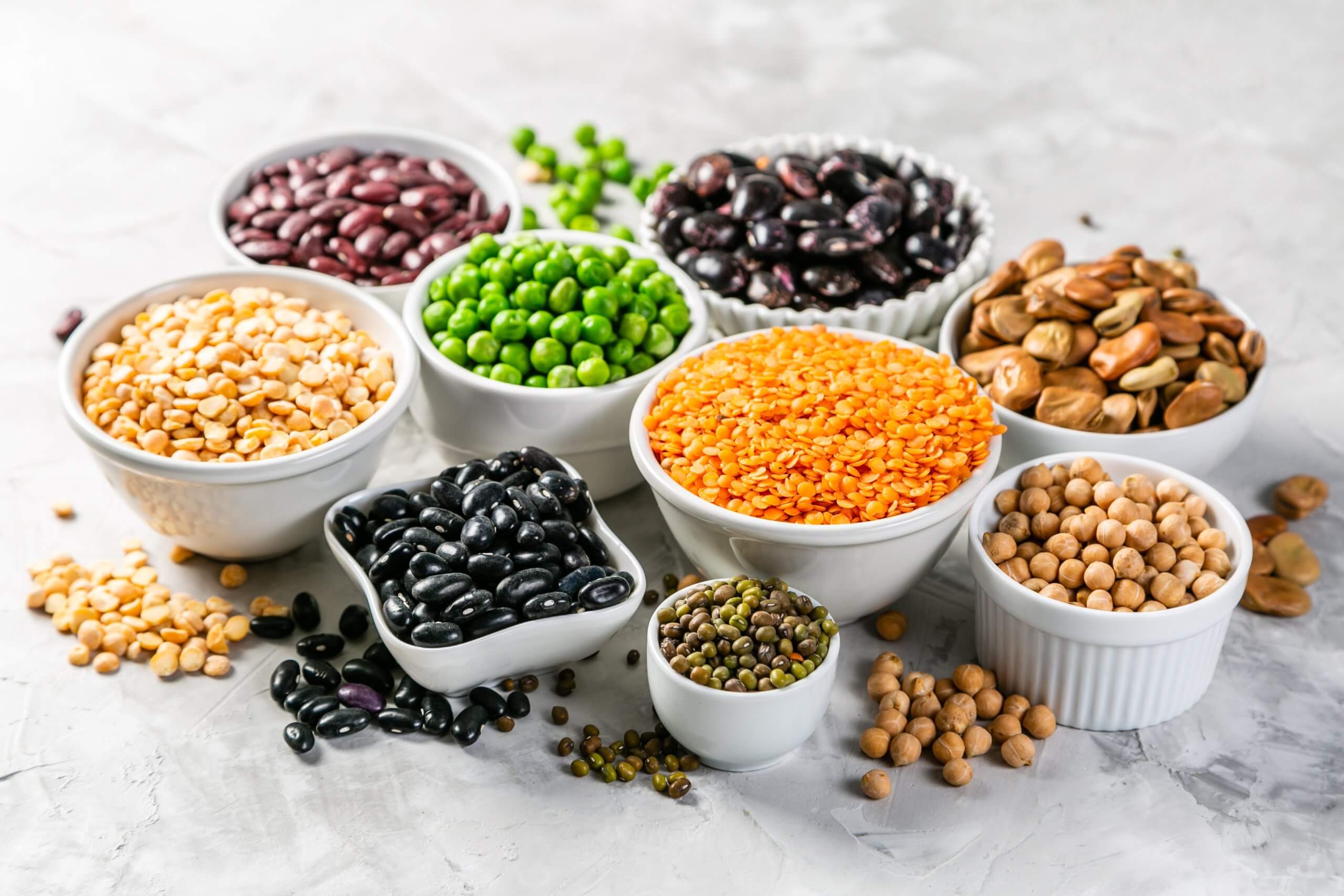Plant-Based Protein
The plant-based proteins are sourced from plants and composed of amino acid chains. The protein-based protein includes nuts and seeds, cereal and grains, legumes and seaweeds and algae. Moreover, when these plants are processed they produce meat analogues and several other meat alternatives.
The Plant-Based Protein Benefits
The importance of plant-based alternative proteins is that they encourage environmental conservation. Animal agriculture is accountable for more greenhouse gases than the whole transport sector.
The plant-based proteins are nutritious and have several personal health benefits. For instance, they help to control. Prevent and manage health conditions like obesity, diabetes and cancer. Moreover, plant protein helps to reduce the ingestion of possible harmful antibiotics from normal meat consumption.

The Market
The United Kingdom Diet reports have shown an increasing number of plant-based proteins. In the country, there are three per cent vegans, six per cent vegetarians, 4 per cent pescatarians and thirty per cent flexitarian. Besides, people have become more health and environment conscious. Moreover, the global market is projected to increase by 2028 from the present plant-based milk and meat.
The Regulation of Plant-Based Protein
In the United Kingdom, plant-based products are currently regulated by the Food Standards Agency (FSA). The food processing plants are supposed to have risks founded preventive food structure is place.
The Social Aspects of Plant-Based Protein
The global consumer’s food selection process is complex. The choice of food is controlled by several factors like taste, convenience, accessibility and health. There is a big problem for people who try to shift to healthier foods. Nevertheless, the government can help implement measures like tax and health subsidies to assist in promoting a sustained social campaign and mass education. Furthermore, it can help to encourage better nutritional labelling to assist in changing consumer food choices. Therefore, this will help reduce meat consumption with a better sustainable food approach.
PHOTO CREDIT: GOOGLE.COM
WRITTEN BY: AMEDICC.COM

